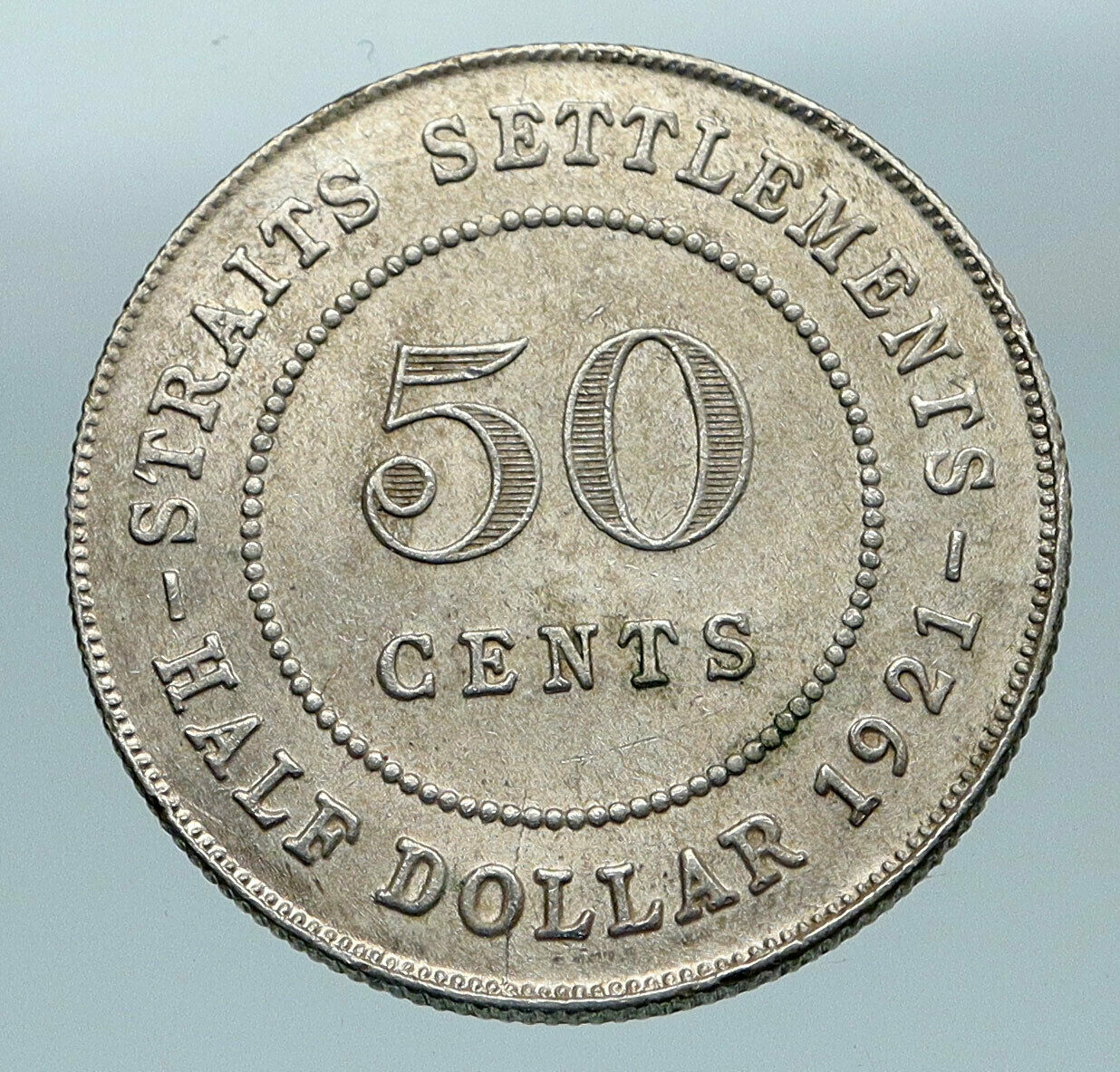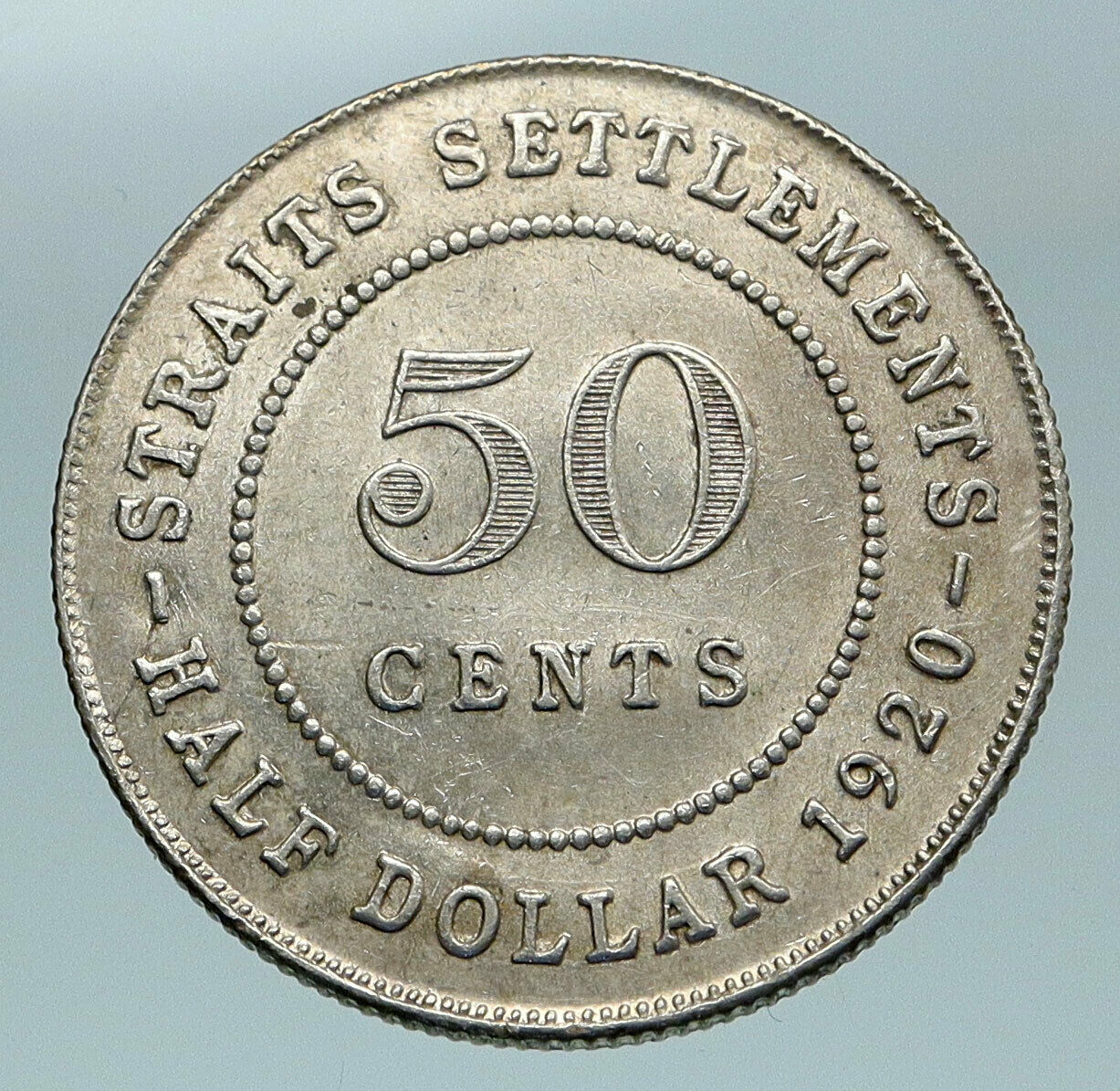|
Oman
Conservation
1976 Proof Silver 5 Rials 41mm (35.00 grams) 0.925 Silver (0.841 oz. ASW)
Reference: KM# 61, Schön# 62
Certification: NGC PF 66 ULTRA CAMEO 2864209-001
قابوس بن سعيد ١٣٩٧ سلطان عمان , Coat-of-arms of Oman.
٥ ريالات عمانية , Arabian White Oryx prancing right.
You are bidding on the exact item pictured, provided with a Certificate of Authenticity and Lifetime Guarantee of Authenticity.
 The World Wide Fund for Nature (WWF) is an international non-governmental organization founded in 1961, working in the field of wilderness preservation, and the reduction of human impact on the environment. It was formerly named the World Wildlife Fund, which remains its official name in Canada and the United States. The World Wide Fund for Nature (WWF) is an international non-governmental organization founded in 1961, working in the field of wilderness preservation, and the reduction of human impact on the environment. It was formerly named the World Wildlife Fund, which remains its official name in Canada and the United States.
WWF is the world’s largest conservation organization with over five million supporters worldwide, working in more than 100 countries, supporting around 3000 conservation and environmental projects. They have invested over $1 billion in more than 12,000 conservation initiatives since 1995. WWF is a foundation with 55% of funding from individuals and bequests, 19% from government sources (such as the World Bank, DFID, USAID) and 8% from corporations in 2014.
WWF aims to “stop the degradation of the planet’s natural environment and to build a future in which humans live in harmony with nature.” The Living Planet Report has been published every two years by WWF since 1998; it is based on a Living Planet Index and ecological footprint calculation. In addition, WWF has launched several notable worldwide campaigns including Earth Hour and Debt-for-Nature Swap, and its current work is organized around these six areas: food, climate, freshwater, wildlife, forests, and oceans.
WWF has received criticism for its alleged corporate ties. It has also been accused of supporting paramilitary groups tasked with stopping poaching who are responsible for numerous human rights abuses.
Oman, officially the Sultanate of Oman (Arabic: سلْطنةُ عُمان Salṭanat(u) ʻUmān), is a country in Western Asia. It is situated on the southeastern coast of the Arabian Peninsula, and spans the mouth of the Persian Gulf. Oman shares land borders with Saudi Arabia, United Arab Emirates, and Yemen; while sharing maritime borders with Iran and Pakistan. The coast is formed by the Arabian Sea on the southeast, and the Gulf of Oman on the northeast. The Madha and Musandam exclaves are surrounded by the United Arab Emirates on their land borders, with the Strait of Hormuz (which it shares with Iran) and the Gulf of Oman forming Musandam’s coastal boundaries. Muscat is the nation’s capital and largest city.
 From the 17th century, the Omani Sultanate was an empire, vying with the Portuguese and British empires for influence in the Persian Gulf and Indian Ocean. At its peak in the 19th century, Omani influence or control extended across the Strait of Hormuz to modern-day Iran, and Pakistan, and as far south as Zanzibar. When its power declined in the 20th century, the sultanate came under the influence of the United Kingdom. For over 300 years, the relations built between the two empires were based on mutual benefit. The UK recognized Oman’s geographical importance as a trading hub that secured their trading lanes in the Persian Gulf and Indian Ocean and protected their empire in the Indian sub-continent. Historically, Muscat was the principal trading port of the Persian Gulf region.
 Sultan Qaboos bin Said was the hereditary leader of the country which is an absolute monarchy, from 1970 until his death on 10 January 2020. According to the rules for succession to the sultanic throne of Oman, the son of the Sultan is usually announced as the new monarch. Sultan Qaboos bin Said did not have any children. The sultanic family announced that Qaboos bin Said had named his cousin, Haitham bin Tariq, as his successor in a letter, and the family confirmed him as the new Sultan of Oman.
Formerly a maritime empire, Oman is the oldest continuously independent state in the Arab world. It is a member of the United Nations, the Arab League, the Gulf Cooperation Council, the Non-Aligned Movement and the Organisation of Islamic Cooperation. It has oil reserves ranked 22nd globally. In 2010, the United Nations Development Programme ranked Oman as the most improved nation in the world in terms of development during the preceding 40 years. A portion of its economy involves tourism and trading fish, dates and other agricultural produce. Oman is categorized as a high-income economy and ranks as the 69th most peaceful country in the world according to the Global Peace Index.
|









 The World Wide Fund for Nature (WWF) is an international non-governmental organization founded in 1961, working in the field of wilderness preservation, and the reduction of human impact on the environment. It was formerly named the World Wildlife Fund, which remains its official name in Canada and the United States.
The World Wide Fund for Nature (WWF) is an international non-governmental organization founded in 1961, working in the field of wilderness preservation, and the reduction of human impact on the environment. It was formerly named the World Wildlife Fund, which remains its official name in Canada and the United States. 






